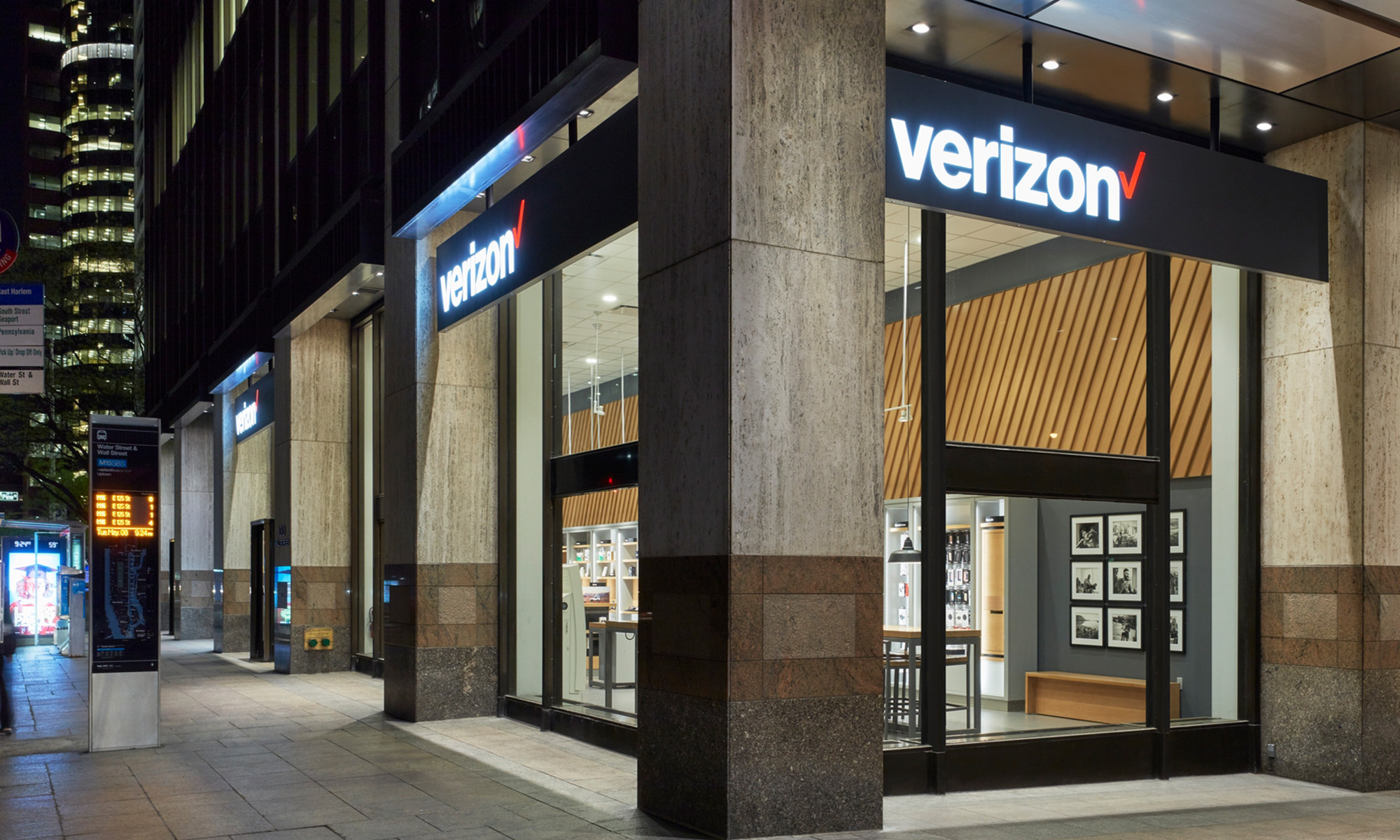Dividends are an attractive proposition for owning a stock. After all, it's nice to get paid only for owning something. When looking at high dividend-yielding stocks, three sectors often come up: utilities, real estate investment trusts (REITs), and telecoms. These businesses usually have very consistent cash flows, allowing them to pay a higher-than-average dividend to shareholders.
Among the telecoms is Verizon Communications (VZ +1.48%), the second-largest provider behind AT&T. The stock sports an attractive 6.89% dividend yield, which also places it in red-flag territory. Often, when a stock's dividend yield rises higher than 5%, it's seen as a warning sign that the company won't be able to pay its dividend obligations sustainably.
Should Verizon shareholders be concerned? Or is there another reason for its high yield?
Another factor at play with Verizon
Verizon's stock has had a challenging year; it's down 22% this year, which trails the S&P 500 index. Ironically, much of Verizon's decline has little to do with the business. Instead, the Federal Reserve has caused much of Verizon's woes.

NYSE: VZ
Key Data Points
With the Fed raising rates to slow the economy and cool inflation, the yields on U.S. Treasuries have risen. For example, you can get a 4.5% yield on a two-year note and a 4.2% yield on a 20-year bond. As long as the U.S. government doesn't default on its debt, that is guaranteed income. So as an investor, would you rather purchase something like a Treasury with a guaranteed 4.2% yield, or a stock, like Verizon, with the same yield, but also the possibility the business could collapse or lose market share?
It's not a hard decision, which is why Verizon's stock price has fallen while Treasury rates have risen.
However, the two are in perfect step when you look at it from a dividend yield perspective.
VZ Dividend Yield data by YCharts
If the dividend payout stays the same, then yield has an inverse relationship to the stock price. So as Verizon's stock price fell as investors sold out of the stock to get into Treasuries, the yield rose.
Assuming -- based on the breakdown above -- that increased Treasuries rates caused the yield of Verizon's stock to rise, does that make Verizon a screaming buy with its inflated dividend? Let's check the payout ratio first.
Verizon's payout ratios are good to go
The payout ratio measures how much of a company's earnings are paid to shareholders. If this level exceeds 100%, it's unsustainable. However, it's ideally lower, so the business can retain earnings to pay down debt, purchase other businesses, or stockpile cash for a rainy day.
From an earnings perspective, Verizon is right in its historical norms.
VZ Payout Ratio data by YCharts
You can also calculate the payout ratio using free cash flow. Of course, it's always good to check both methods, since different reporting methods can be deceiving. On the other hand, if both the earnings and free cash flow methods check out, the company is likely in solid shape.
Fortunately for Verizon investors, the free-cash-flow method indicates it's in good shape, although investors need to keep an eye on this trend.
| Year | Free Cash Flow (Q1-Q3) | Dividends Paid (Q1-Q3) | Payout Ratio |
|---|---|---|---|
| 2021 | $17.3 billion | $7.8 billion | 45.1% |
| 2022 | $12.4 billion | $8.1 billion | 65.3% |
Data source: Verizon.
While Verizon is in good shape, investors must watch the payout ratio. That said, free cash flow can be volatile, so investors should expect a little more variance.
Even though Verizon's dividend yield looks suspect, the business behind it is still performing, and it's likely that the stock only has behaved the way it did because of what is going on with the Treasury market. Should the Federal Reserve slash rates to a lower level and leave investors no longer able buy high-yielding Treasuries, Verizon's stock might see a surge of renewed interest, sending the price up and the yield down.
If you get in now, you can lock in that dividend payment and make a lasting impact on the income section of your portfolio. But remember, Verizon is a business, and if it loses market share or begins failing, the dividend yield could take a hit, unlike U.S. Treasuries when held to maturation.








